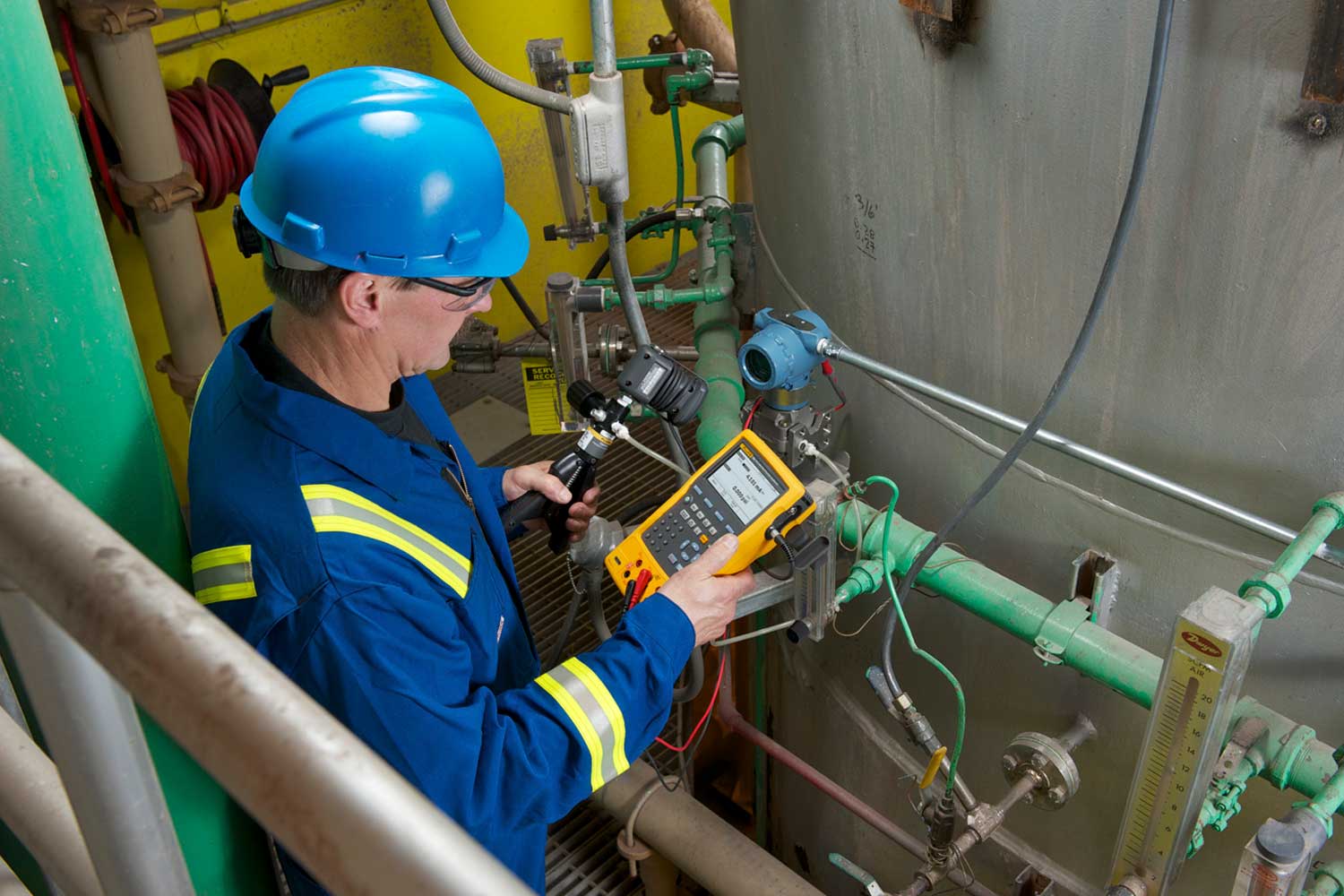In the intricate world of industrial electrical systems, understanding the terminology is crucial for safety, efficiency, and effective communication. Whether you're a seasoned professional or a newcomer to the field, grasping the nuances of Australian industrial electrical terminology is essential. Let's unravel the mysteries behind key terms like grounding, transformer, fuses, circuit breakers, three-phase power, and PLC (Programmable Logic Controller).
Grounding
Grounding, or earthing, is a fundamental concept in electrical systems. It involves connecting electrical equipment to the earth to prevent electric shock and ensure stable operation. In Australian industrial settings, grounding is mandated by safety standards. Proper grounding safeguards both personnel and equipment, creating a low-impedance path for fault currents to safely dissipate into the ground.
Transformer
Transformers play a pivotal role in electrical power distribution. They are devices that alter voltage levels, either stepping it up for efficient transmission or stepping it down for safe consumption. In industrial contexts, transformers are ubiquitous, facilitating the smooth flow of electricity across different stages of the power supply chain.
Fuses
Fuses are protective devices designed to interrupt the flow of electric current when it exceeds a specified threshold. In Australia, fuses are crucial components for preventing electrical overloads and short circuits. They come in various types, each tailored to specific applications. Regular inspection and maintenance of fuses are essential to ensure their reliability in safeguarding electrical systems.
Circuit Breakers
Circuit breakers serve a similar purpose to fuses but operate differently. They automatically interrupt the electrical circuit when they detect abnormal conditions, such as a short circuit or overload. Unlike fuses, circuit breakers can be reset after tripping, enhancing convenience and reducing downtime. Understanding the different types of circuit breakers and their applications is vital for maintaining a resilient electrical infrastructure.
Three-Phase Power (3-Phase Power)
In industrial settings, the majority of electrical systems operate on three-phase power. This configuration involves three alternating currents, spaced 120 degrees apart, delivering a constant and efficient power supply. Three-phase power is favoured for its ability to transmit more power with less copper, making it a cost-effective solution for industrial applications with high power demands.
PLC (Programmable Logic Controller)
PLCs are the brains behind many industrial automation processes. These digital computers are programmed to control and monitor machinery and processes in real-time. In Australia, PLCs are integral to achieving precision and reliability in industrial automation. They can be customised to handle complex tasks, making them indispensable in modern manufacturing environments.
Conduit
A conduit, whether made of metal or non-metal materials, serves as a specialised tube intended for safeguarding and guiding electrical wiring within a structure. When it becomes necessary for electrical wires to be visible on the surface in residential or office settings, a conduit proves to be an excellent choice. Moreover, it offers added safeguarding against potential wire damage and minimises the risk of electrical shock to individuals in proximity.
Conclusion
Navigating Australian industrial electrical terminology is an essential aspect of ensuring the safety, efficiency, and reliability of electrical systems in any business. Whether you're dealing with grounding to prevent shocks, transformers for efficient power distribution, fuses and circuit breakers for protection, three-phase power for high-demand industrial applications, or PLCs for automation, a comprehensive understanding of these terms is key to safe daily operations of factories, industrial complexes, warehouses, manufacturing plants and any other commercial or industrial business.
Being partnered with a local electrical company like Horsell who are experienced in industrial and commercial electrical services is crucial. Stay informed, stay safe, and empower your industrial endeavours with the knowledge of these fundamental electrical concepts.


